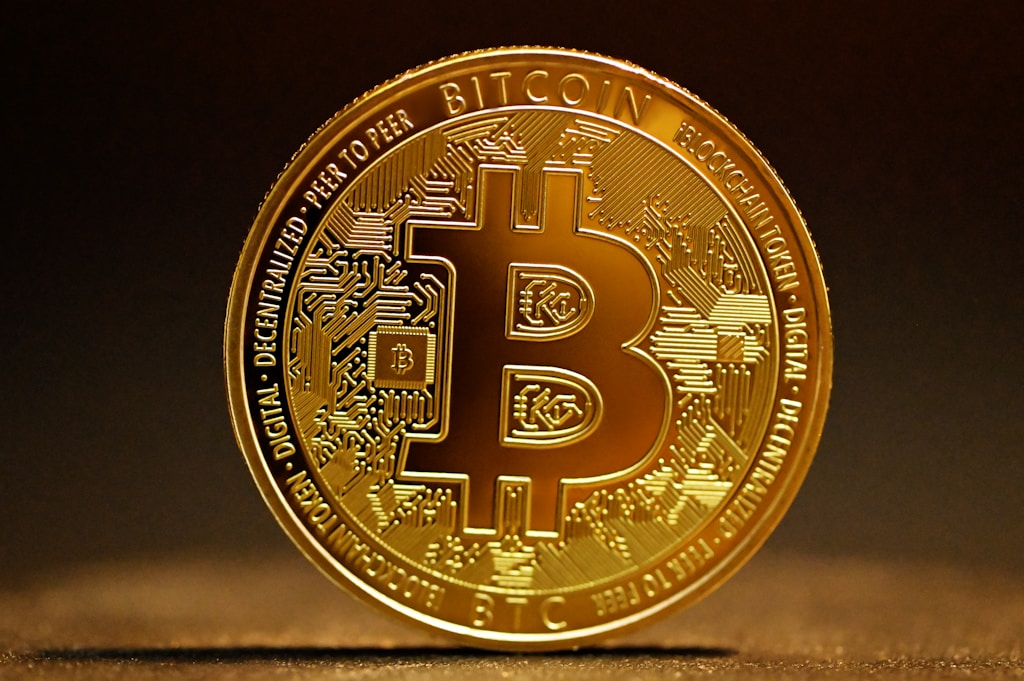Bitcoin Mining Decentralization Gains from US-China Tariff War
US-China tariff war creates unexpected benefits for Bitcoin mining decentralization, potentially strengthening network security and censorship resistance. Le…

The escalating trade tensions between the United States and China are creating an unexpected positive impact on Bitcoin’s mining ecosystem, with new tariffs potentially fostering greater decentralization of the network’s hashrate. Recent analysis shows Bitcoin’s remarkable resilience amid trade tensions, suggesting these developments could strengthen the network’s fundamental value proposition.
Trade War Impact on Bitcoin Mining
China’s dramatic increase in tariffs from 34% to 84% on U.S.-bound goods, coupled with President Trump’s retaliatory 104% tariff hike, is reshaping the ASIC manufacturing and distribution landscape. This development carries significant implications for Bitcoin’s mining decentralization:
- Increased ASIC acquisition costs for U.S. mining companies
- Potential redistribution of global hashrate
- Enhanced network security through greater decentralization
The Decentralization Advantage
Bitcoin’s network security benefits from geographical distribution of mining power. As noted by cryptocurrency expert Troy Cross, excessive concentration of hashrate in any single jurisdiction poses risks to Bitcoin’s censorship resistance capabilities.
SPONSORED
Trade Bitcoin with up to 100x leverage and maximize your profit potential
OFAC Compliance and Mining Centralization
The current situation highlights concerns about regulatory pressure on U.S.-based mining operations:
- Marathon Digital Holdings’ precedent of OFAC compliance
- Risks of government-mandated transaction filtering
- Impact on Bitcoin’s censorship resistance
Global Hashrate Distribution Outlook
The tariff situation could trigger several positive developments:
- Reduced U.S. mining dominance
- Increased competition from international mining operations
- More balanced global hashrate distribution
FAQ Section
How will increased tariffs affect Bitcoin mining profitability?
The tariffs will increase operational costs for U.S.-based miners but may create opportunities for international operators, leading to a more balanced competitive landscape.
What are the benefits of decentralized mining?
Decentralized mining enhances network security, reduces regulatory risks, and strengthens Bitcoin’s resistance to censorship or government control.
How might this affect Bitcoin’s price?
While short-term volatility may occur, the long-term impact of greater decentralization could strengthen Bitcoin’s fundamental value proposition.



